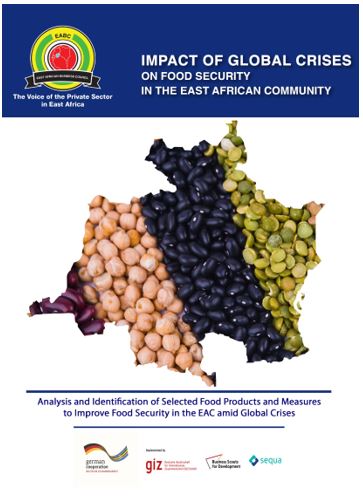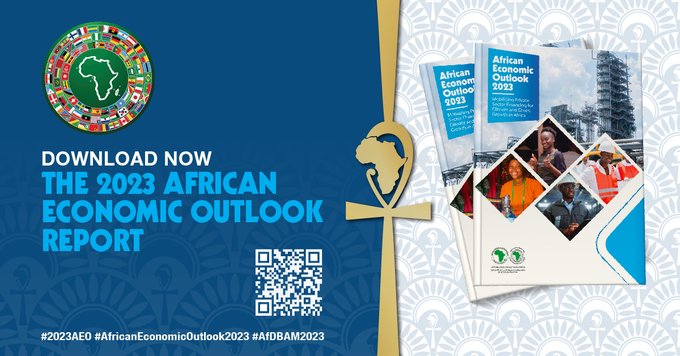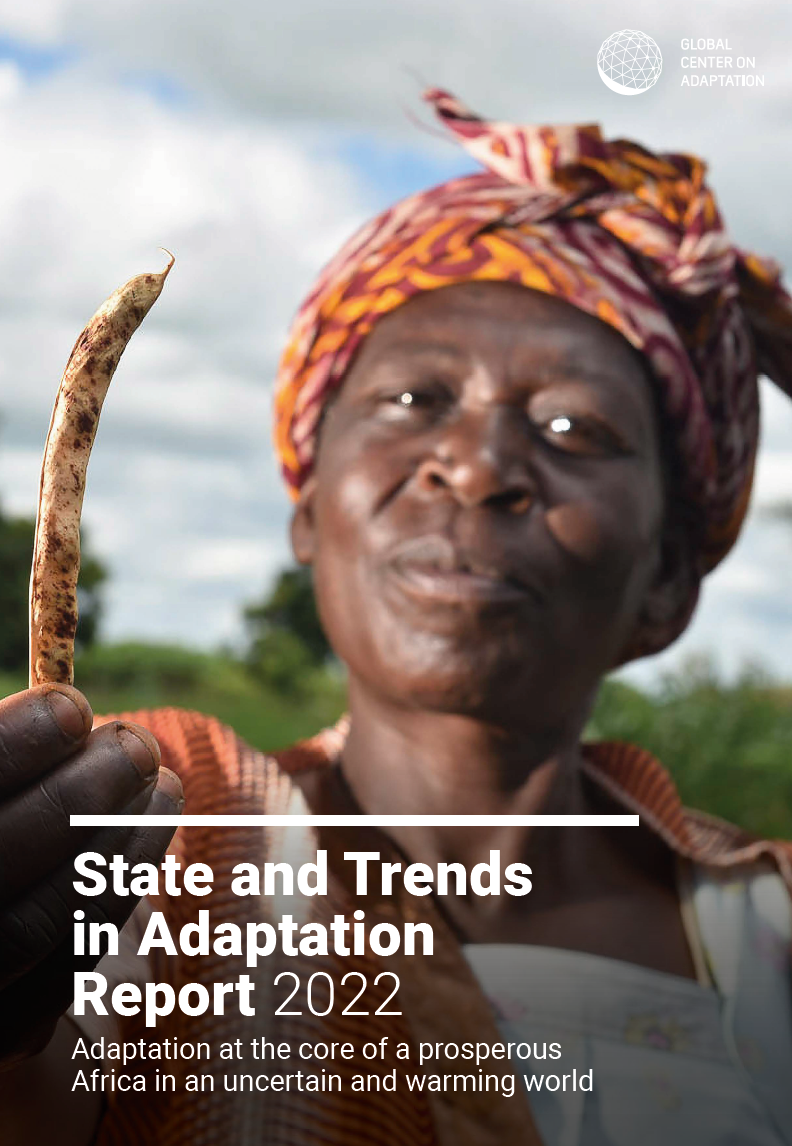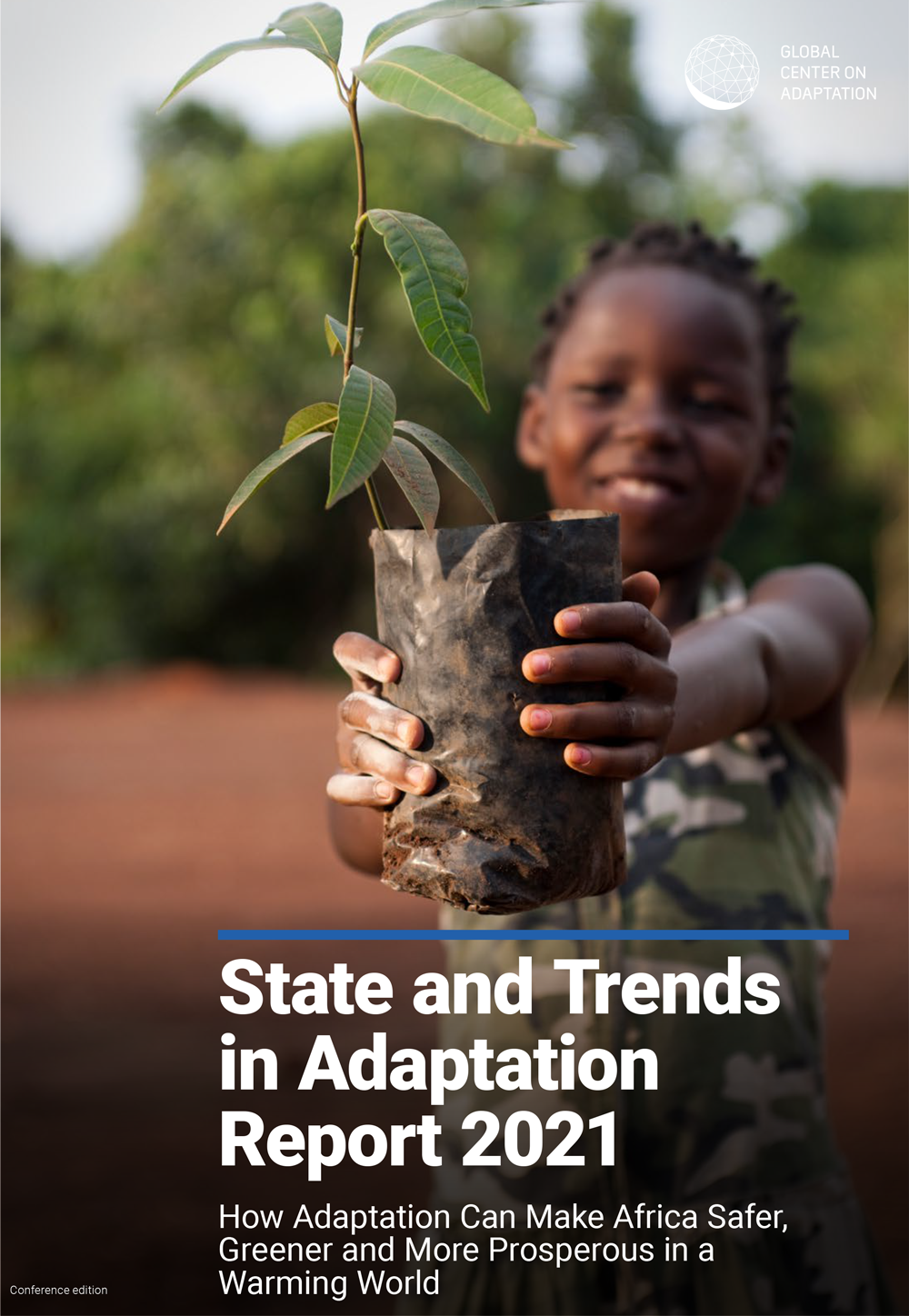Climate change and adaptation
AFDB (2023) African Economic Outlook 2023 - Highlights # 40 p
The Bank’s annual premier flagship publication, focuses on the options for tapping into private sector resources as well harnessing the continent’s enormous natural capital as a promising avenue to contribute to the fight against climate change and the transition to green growth.
- Climate risk is going to be a very critical risk in terms of our banking activities or financing activities.
- This Toolkit combines key resources, emerging trends, and lessons from SBFN members into a practical and comprehensive guide to help policymakers in emerging markets develop and operationalize sustainable finance roadmaps.
- This new 2022 report is designed to build on that foundation, with a goal of accelerating the pace of progress while considering the challenging global and regional economic conditions. As the 2022 report builds upon and complements the 2021 report, it is recommend that readers view the two reports as an integrated review of climate adaptation for the region.
- In particular, the 2022 report covers three major topics in its three sections.
GCA (2021) How Adaptation Can Make Africa Safer, Greener and More Prosperous in a Warming World # 576 p.
- As the 2021 report documented, Africa is particularly vulnerable to these extreme impacts of climate change.
- It faces exponential collateral damage, posing systemic risks to its economies, infrastructure investments, water, and food systems, public health, agriculture, and livelihoods, threatening to undo its hard-won development and reverse decades of economic progress. The first report included topics ranging from food systems to gender and water that are not repeated.
Erik Davies (2022) Seeds of Change Shifting Diets & Soil Carbon Sequestration Markets: How ClimateChange is Driving New Opportunities and Risks in Agriculture # 563 p.
Erik Davies (2022) Seeds of Change Shifting Diets & Soil Carbon Sequestration Markets: How Climate Change is Driving New Opportunities and Risks in Agriculture - SMMARY # 5 p.
- This report examines the impacts of climate change on the agriculture sector, and how shifts in consumer diets and the adoption of regenerative agricultural practices can create new opportunities and risks for farmers and businesses.
R. Lema, M. Holm Andersen, R. Hanlin and C. Nzila, et all (2022) Building Innovation Capabilities for Sustainable Industrialisation. Renewable Electrificatioin in Developing Economies # 303 p
- This book offers a novel input into the debate on development of capabilities for sustainable industrialisation and delivers key insights for both researchers and policy makers when it comes to the question of how to increase the economic co-benefits of renewables expansion.
- This paper provides an overview of green energy potentials in Africa, the challenges faced in their implementation and finally highlights the importance of the availability of local currency financing for these projects.
 Food Security / Food Systems
Food Security / Food Systems
EAC (2023) The impact of global crises on impact of global crises on food security in the EAC # 114 p.EAC (2023) Policy brief on improving food security in EAC amid global crises # 23 p.
- The East African Community (EAC) is a region that faces challenges of food security, with Partner States as net food importers.
- A section of the report presents a SWOT analysis of EAC food systems (see page 71) in relation to MSMEs and large companies engaging in value addition and processing of grains, edible oil, fertilizers, and major staple foods in the regions.
- The publication was announced for mid May 2023.
- 5 building blocks underpin successful multi-stakeholder collaboration for food systems transformation
- The guide will offer good practices from multi-stakeholder initiatives operating in different geographical locations.
SDGs
 # 150 p.
# 150 p.Elena, K., Rupal, V., Laura, T., & Ann, W. (2023). IISD's State of Sustainability Initiatives Review: Standards and the Sustainable Development Goals: Leveraging sustainability standards for reporting on SDG progress. SUMMARY. # 14 p.
- The report includes three case studies from India, Tanzania, and Uganda to demonstrate how VSSs can help governments prepare voluntary national reviews for the High-Level Political Forum on Sustainable Development
Trade
WEF (2023) AfCFTA: A New Era for Global Business and Investment in Africa # 38 p.- According to the World Economic Forum’s Insight Report, the free trade area, one of the world’s largest by number of people and economic size, is projected to host 1.7 billion people and oversee $6.7 trillion in consumer and business spending by 2030.
- The deal will be transformative for many of Africa’s industries, but given agriculture’s already central role in the continent’s economy, and its huge potential for growth, agriculture will be a prime beneficiary.
- Agriculture has exceptional potential for increasing intra-African trade, meeting local demand, accelerating GDP growth, creating new jobs and improving inclusivity due to upstream and downstream linkages.







No comments:
Post a Comment